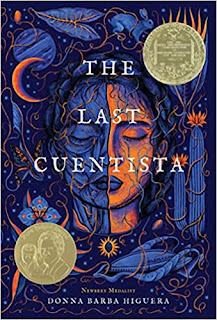During the summer between fifth and sixth grade (1995?), my mom signed me up for a 6 week writing class at Fresno State. I won TWO writing contests in sixth grade and I definitely attribute those wins to the amazing improvement I made during my summer class. One of the best pieces I wrote that summer was a cutesy rhyming poem about a kid who eats goat cheese and subsequently turns into a goat. One of the lines (I probably don't remember this verbatim, but it's close) that I was particularly proud of:
Soon after dinner, I began to feel queer
and by 8'o'clock that night I had grown a small beard.
Our teacher sometimes had us share our work out loud with the class, and I definitely read that poem to my summer school class of older peers and they definitely all burst out laughing when I read that line. I thought that they thought that I was hilarious. And then someone (my mom? one of my older sisters?) broke the news to me about the "new" definition of the word "queer." I was bummed, for sure, because I realized that I was not actually hilarious, but ignorant. Honestly, I think I had learned the word "queer" (meaning "strange") from old Newberys! Authors in the 30s and 40s used queer as a synonym for strange ALL THE TIME.

As a testament to this claim, I give you Queer Person. I've been searching for this one many years, knowing full well that it was not a 1930s children book about a gender-fluid or homosexual individual. Not until this month did I discover that it is about a deaf-mute Native American boy who is given the name Queer Person by the Pikuni tribe that adopts him when he wanders into their camp as a young boy.
I liked Queer Person. I had a few problems with it, but it was a total page turner. I thought Granny was a fascinating and like-able character, Singing Moon was an incredible heroine, and Queer Person was fun to watch grow and develop. I feel like the non-Native American author did a good job portraying a foreign culture with respect (despite a few unfortunate outdated words) and moderate accuracy.
Of note, I discovered the phrase "Newbery Completist" while reading reviews of Queer Person on goodreads. I've never heard it before, but that is totally what I am. I am a Newbery completist! Meaning: I am trying to read all Newbery medals and honors that ever were. How many Newbery completists are there? How many have actually made it? 13 to go . . .






